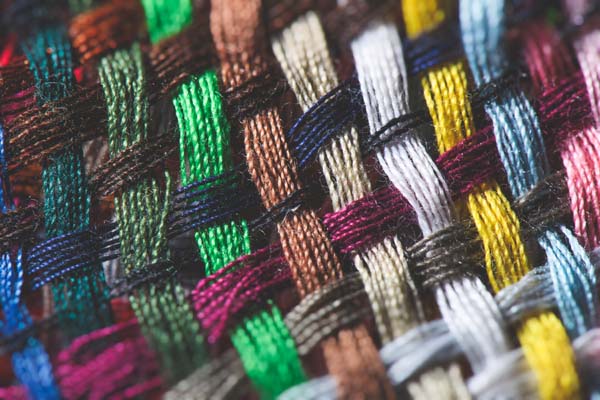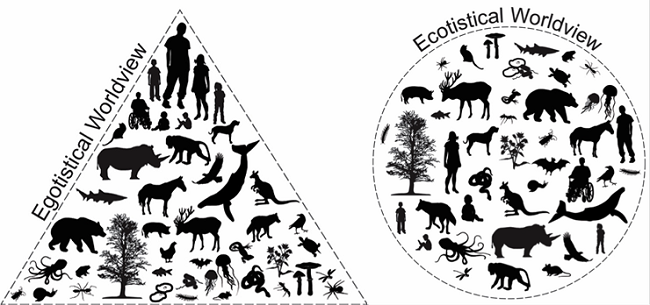2 Transdisciplinarity: an imperative for sustainable pedagogies

Learners, as indeed all of us as citizens, face an increasingly dynamic world where complex phenomena – whether, environmental, technological, or economic – interact and change in ways that we cannot predict. In many ways, this has been true for all of humanity’s existence so it’s nothing new, but the challenges we face this time cannot be overcome by only using human power and control over materials, processes and relationships – stemming from Enlightenment views of man and knowledge (Duigan, 2023).
Instead, humans will need to adjust their thinking about what it means to learn from a human-dominant, cognitive-based, transference of accepted knowledge, to one of transdisciplinary, improvisatory, response-able (that is able to be responded to) acts of learning to live with and in our world – locally, nationally and globally.

This shift from power over others (whether human or non-human) to power with others requires a shift of stance towards learning (Berger, 2005). This shift towards a pre-defined, pre-planned outcome involves learners, not as receivers of knowledge and educators not as transmitters, gatekeepers or facilitators only. The word ‘only’ is important here because this is not saying that educational practices cannot have an aim, and that defined learning cannot take place, but that we also need pedagogies of:
attunement and attentionality
following and exploring
de-territorialising and redefining.
These ideas for pedagogies are explored in the following sections. By developing competencies to attune, pay attention, follow and explore, de-territorialise and redefine, your students and yourself will be equipped to be more resilient in living within the complex and dynamic world. All of these competencies are underpinned by pedagogies of making or creating something new or different. Making enables us to collectively take action and to do something to feel we have actually contributed.
 Explore
Explore
Explore transdisciplinarity by reading ‘The Transdisciplinary Moment(um) [Tip: hold Ctrl and click a link to open it in a new tab. (Hide tip)] ’ article by Julie Thompson Klein (2013). The article promotes five-word clusters around the meanings of transdisciplinarity.
In your learning journal, note down between 5–10 of the terms that capture your attention as ones you think could help you think about your practices. Spend a few minutes imagining activities, approaches or experiences that would exemplify these types of pedagogies.
Consider the arguments being made:
- Is there anything that particularly challenges your current practices?
- Is there anything that excites or intrigues you to explore further?
1 What do we mean by transdisciplinarity?
